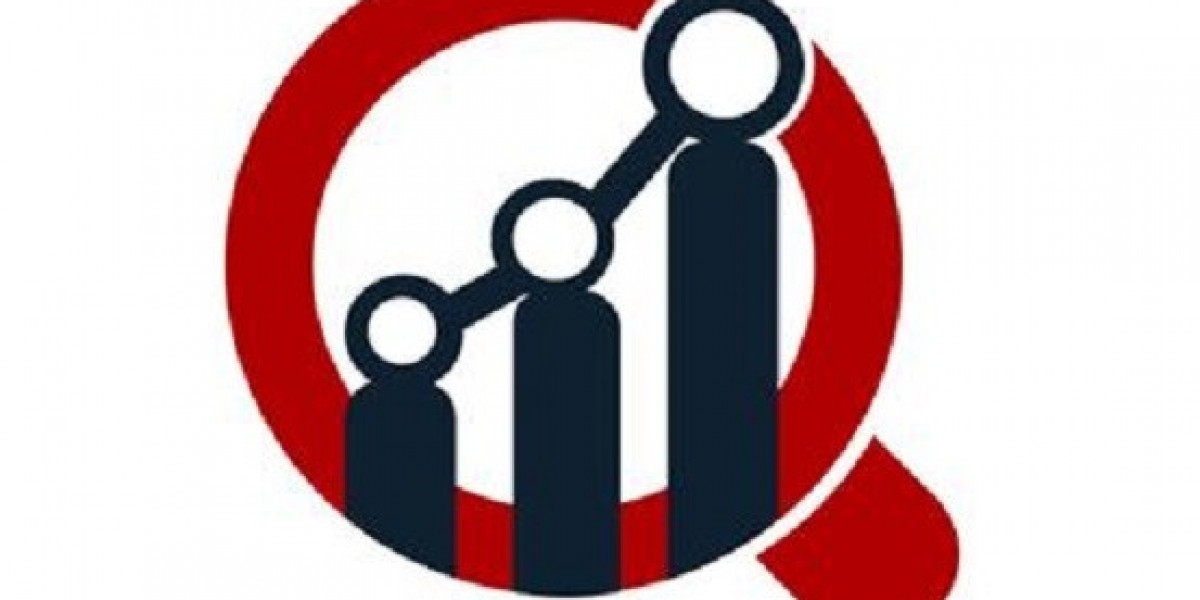Understanding Bardet-Biedl Syndrome (BBS)
Bardet-Biedl Syndrome (BBS) is a rare, inherited multisystemic genetic disorder belonging to a group of conditions called ciliopathies. It is caused by mutations in at least 20 different genes (BBS1-BBS20) and often follows an oligogenic inheritance pattern. BBS is characterized by a wide range of clinical manifestations that evolve over time, typically including:
- Retinal Dystrophy: Progressive vision loss, often leading to blindness.
- Obesity: Truncal obesity, frequently severe, often developing in early childhood.
- Polydactyly: Extra fingers or toes.
- Renal Dysfunction: Kidney abnormalities and progressive renal failure.
- Learning Difficulties/Intellectual Disability: Variable degrees of cognitive impairment.
- Hypogonadism: Underdevelopment of reproductive organs. Other potential features include dental anomalies, speech problems, and neurological manifestations. The complex and diverse nature of BBS symptoms necessitates a multidisciplinary approach to management, driving the specialized market for its treatment and support.
Current Treatment Landscape
As a rare and complex genetic disorder, there is currently no targeted cure for Bardet-Biedl Syndrome. Treatment primarily focuses on managing the specific signs and symptoms each individual experiences.
- Symptomatic Management: This involves addressing individual manifestations such as:
- Obesity: Diet and exercise management, lifestyle modifications, and in some cases, specific pharmacotherapies.
- Renal Disease: Nephrological care to manage kidney function and prevent progression to renal failure.
- Vision Loss: Low vision aids and support, with ongoing research into gene therapies for retinal degeneration.
- Polydactyly/Genital Anomalies: Surgical correction.
- Learning Difficulties: Educational support and specialized therapies.
- Pharmacotherapy: In 2022, IMCIVREE (setmelanotide) received FDA approval to treat obesity and manage hunger in both adult and pediatric patients (aged 6 and above) with BBS or Alström syndrome. This represents a significant advancement as the first drug specifically approved for obesity in BBS patients. Setmelanotide is a melanocortin-4 receptor (MC4R) agonist, targeting a pathway involved in appetite regulation.
- Multidisciplinary Care: Comprehensive management involves a team of specialists including endocrinologists, nephrologists, ophthalmologists, geneticists, dietitians, and occupational therapists.
Driving Forces Behind Market Growth
The Bardet-Biedl syndrome market is experiencing growth driven by several key factors. The increasing awareness and improved diagnostic capabilities for rare diseases, leading to earlier and more accurate diagnoses of BBS, contribute to identifying the patient population. The recent approval of targeted therapies like IMCIVREE for obesity management in BBS patients provides a significant impetus for market expansion. Government initiatives and orphan drug designations aimed at incentivizing research and development for rare diseases encourage pharmaceutical companies to invest in this area. Furthermore, the growing focus on genetic testing and personalized medicine approaches is enhancing understanding and management of BBS.
Market Dynamics and Future Outlook
The global Bardet-Biedl Syndrome market was valued at USD 349.22 million in 2022 and is projected to reach USD 528.29 million by 2030, growing at a CAGR of 5.9%.
- Dominance of Symptomatic Management: While targeted therapies are emerging, symptomatic management remains the mainstay approach for addressing the wide array of manifestations.
- Key Player: Rhythm Pharmaceuticals, with its drug IMCIVREE (setmelanotide), is a major player in this niche market. Currently, there are no other emerging drugs in late-stage clinical development specifically for BBS beyond IMCIVREE.
- Geographic Dominance: The United States accounts for the largest market size, followed by EU4 countries (Germany, France, Italy, Spain), the United Kingdom, and Japan, due to their advanced healthcare systems and robust diagnostic infrastructure.
- Pipeline Insights: While IMCIVREE is the only approved drug, research continues. The pipeline includes therapies in preclinical and discovery stages, primarily focusing on gene therapy and other novel approaches to address the underlying genetic defects, particularly for retinal degeneration.
Challenges and Opportunities
Despite advancements, the Bardet-Biedl Syndrome market faces significant challenges. The rarity of the disease makes patient identification and clinical trial recruitment difficult. The complex multisystemic nature of the disorder requires highly specialized, coordinated care, which can be challenging to access in all regions. The high cost of specialized therapies and the lack of a definitive cure also pose significant hurdles. However, opportunities lie in further research into gene-editing technologies, the development of biomarkers for earlier diagnosis and prognosis, and global collaborations to enhance patient registries and clinical trials. The continued focus on improving the quality of life for individuals with BBS through comprehensive, multidisciplinary care and emerging targeted therapies will drive the market's evolution.
Explore our latest reports
? Stay ahead in the healthcare industry. Browse our latest insights now!
About Market Research Future (MRFR)
Market Research Future (MRFR) is a global market research firm that provides comprehensive insights into market trends, drivers, challenges, and opportunities. We offer a broad range of market intelligence reports and consulting services to help businesses and enterprises in various industries make informed decisions
Media Contact:
Market Research Future (MRFR)
Phone: +1-646-845-9312
Email: contact@marketresearchfuture.com
Website: marketresearchfuture








